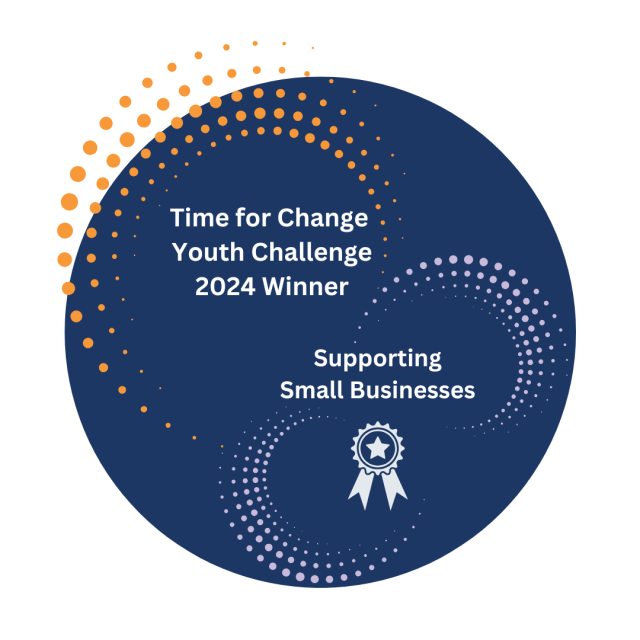
Supporting Small Businesses
NAME | Yaretzi
GRADE | 7
LOCATION | Los Angeles, California
Yaretzi, a 7th grader from Los Angeles, California, is advocating for policy changes at her school, which currently does not allow students to sell items they make or to start their own small businesses; she argues that small businesses provide students with valuable skills like marketing, communication, finance, and more.
Yaretzi identified an issue when her friends and classmates started small businesses but were shut down. She believes that students can gain a variety of useful skills if they have their own small businesses selling jewelry, snacks, or art: they can get experience in negotiating, management, and even be inspired to create small businesses in the future. She plans to talk with her school principal about changing the current policy and wants to host a market for young entrepreneurs.
Supporting Small Businesses
NAME | Yaretzi
GRADE | 7
LOCATION | Los Angeles, California
Yaretzi, a 7th grader from Los Angeles, California, is advocating for policy changes at her school, which currently does not allow students to sell items they make or to start their own small businesses; she argues that small businesses provide students with valuable skills like marketing, communication, finance, and more.
Yaretzi identified an issue when her friends and classmates started small businesses but were shut down. She believes that students can gain a variety of useful skills if they have their own small businesses selling jewelry, snacks, or art: they can get experience in negotiating, management, and even be inspired to create small businesses in the future. She plans to talk with her school principal about changing the current policy and wants to host a market for young entrepreneurs.
My school won’t let kids sell items that they make with the money they spent. Kids who want to buy something from them can’t because the school is closing them down. I discovered this problem when many of my classmates and friends started small businesses but later got shut down after a few weeks. It is important to me because young kids can learn to start businesses and negotiate at a young age. This could help them if they ever want to start a business in the future.
My solution is to talk to the principal about how small businesses can help kids in their future if they ever decide they want to start a business. My idea is to talk to our principal, give her the reasons why I think kids can start businesses again and how it might help them in the future. I came up with this idea because kids can sell jewelry, healthy foods or snacks, or kids draw pictures for you. Kids also learn at a young age. If a kid starts a business at the age of 8 to 14, they will learn marketing, finance, communication, negotiation, and much more. My next three steps are to talk with our principal, tell her why she should let us sell items and tell her how selling items can be useful in their future. Talk to kids who used to sell or want to sell to see if they still want to sell items. Use the money if I win to buy items to make bracelets, food or snacks to supply for the kids who will sell. I have planned an event where the kids sell items and other kids buy the items and with the money the kids earn, we can put half the money we earn into the school for other events and the other half kids can use their money to spend however.
I will gather kids from different grades to help sell the items.